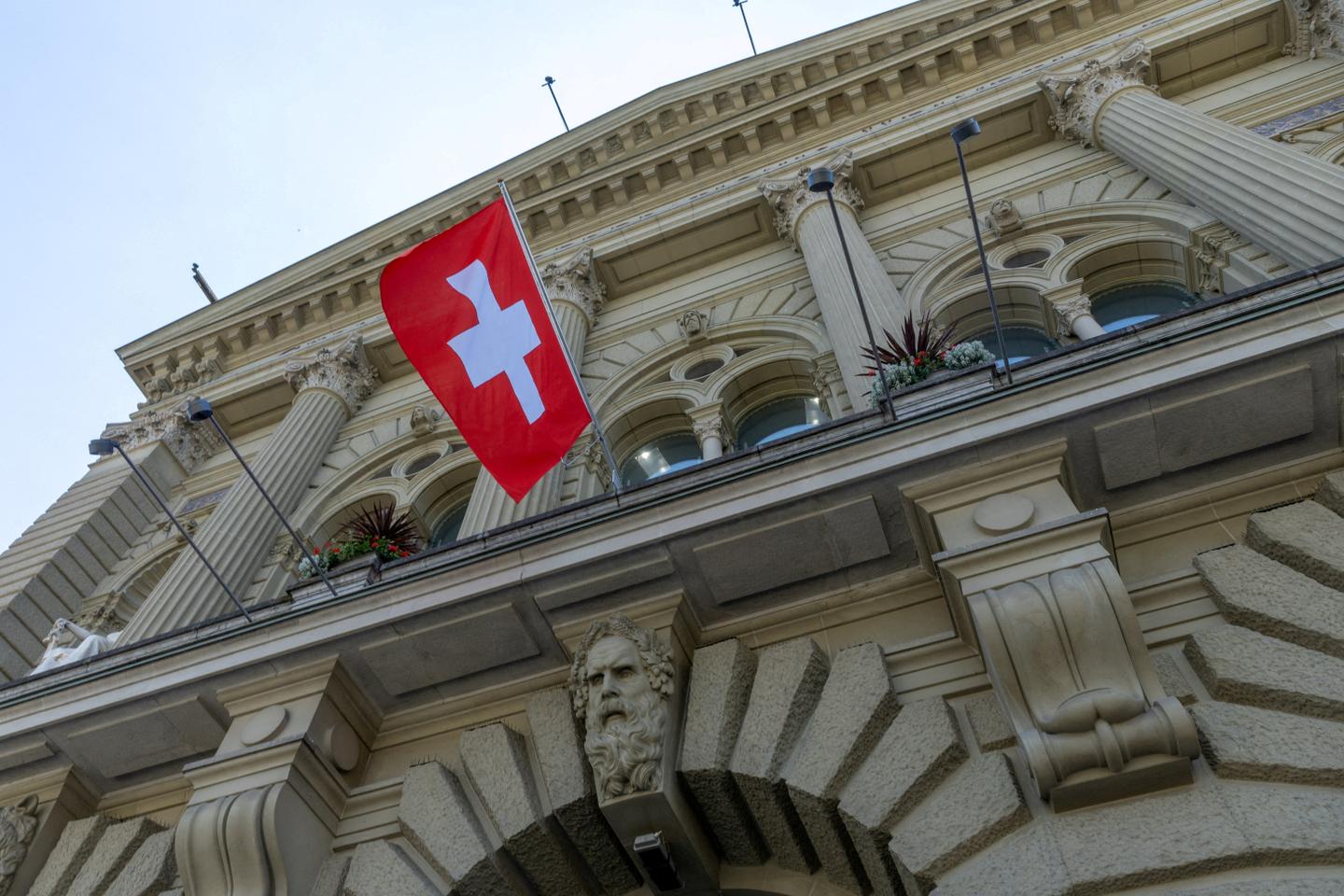


The current political crisis in General Charles de Gaulle's "dear old country" has had a first unpleasant consequence: that of resurrecting words that had fortunately disappeared from the national vocabulary, such as "proportional," "coalition," "parliamentarism" and even the most incomprehensible of all: "social democracy." Of course, this would have come as less of a surprise if the French had been a bit more historians and even more geographers. They would have discovered that all the bordering countries – and, beyond them, all the liberal democracies of Western Europe – had opted for the same political system – parliamentary and coalitionist – the opposite of our own. In other words, they would have discovered that they were, in the etymological sense, "a-normal," a fact that would have flattered these well-born people.
That's why the spectacle of a president deciding to dissolve the Assemblée Nationale without any real "consultation" – another incomprehensible word – was so disturbing to our neighbors, when any of our scholars familiar with the 19th century knew for a fact that this country had successively invented, to its greatest glory, modern authoritarian democracy (in 1799, under the reign of Napoléon Bonaparte); the election of the president of the republic by universal suffrage (in 1848, under his nephew, Louis-Napoléon Bonaparte); and, last but not least, in 1851, the illegal dissolution of the Assemblée Nationale by the president in question, in the name of the suffrage in question. Admittedly, his political imagination is much admired.
But isn't it true that, these days, certain enlightened people seem to think that the solution would be to make us more like our neighbors? And a series of chilling reforms are on the horizon: the extension of proportional representation to legislative and local elections; the reversal of the legislative and presidential calendar; and the rebalancing of the respective powers of the president, the prime minister and Parliament.
Sly reasoning
Fortunately, they have forgotten one last trick – I'm afraid to mention it, for fear of giving some people the wrong idea – which is to correct the voting system for the second round of the presidential election. Not only the two candidates who came out on top but all those who received a minimum proportion of votes in the first round, to be defined, would be eligible.
One understands the devious reasoning behind these little maneuvers: to insidiously lead an electorate hitherto brilliantly divided by the institutions that have governed it since 1958 to accept, albeit with a heavy heart, that abomination: compromise, the noble form of a compromising behavior.
You have 40.37% of this article left to read. The rest is for subscribers only.
